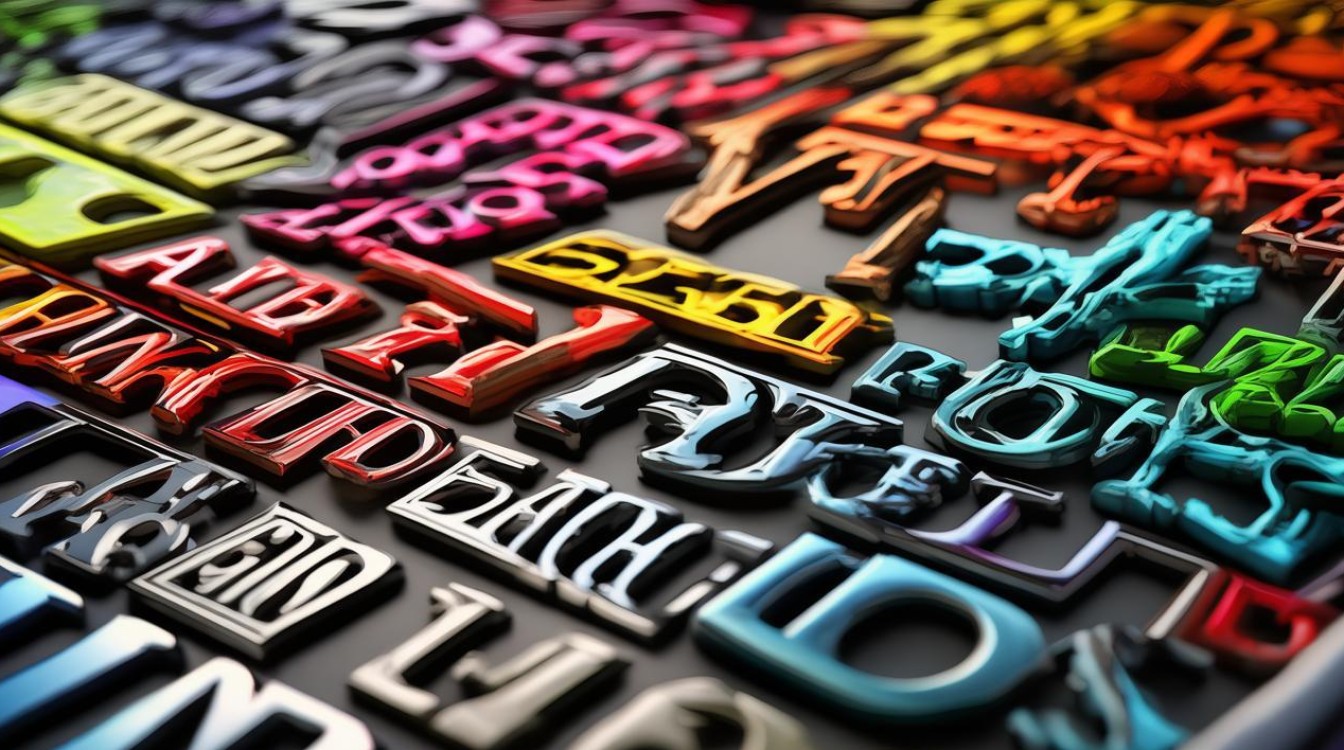形容词在英语中扮演着关键角色,它们用于描述名词的特征、状态或性质,掌握常用形容词不仅能提升语言表达的准确性,还能让交流更生动,本文将介绍英语中高频使用的形容词,并分类整理,帮助读者系统学习。

描述人物性格的形容词
-
Kind(友善的)
形容乐于助人、体贴的性格,如:"She is a kind teacher." -
Honest(诚实的)
强调真诚可靠,如:"An honest answer is always appreciated." -
Confident(自信的)
描述对自己能力有把握的人,如:"He gave a confident speech." -
Patient(耐心的)
指能够冷静应对延迟或困难,如:"Parents need to be patient with children." -
Creative(有创造力的)
常用于形容思维活跃、善于创新的人,如:"The designer has a creative mind."
描述外貌特征的形容词
-
Tall(高的)
用于描述人或物体的高度,如:"The basketball player is very tall." -
Slim(苗条的)
比"thin"更委婉,如:"She maintains a slim figure." -
Elegant(优雅的)
形容举止或穿着得体大方,如:"The lady wore an elegant dress." -
Youthful(年轻的)
不仅指年龄小,也形容活力充沛,如:"His youthful energy is inspiring." -
Bearded(有胡须的)
特指面部特征,如:"The bearded man smiled warmly."
描述情绪与感受的形容词
-
Happy(快乐的)
最基础的情绪表达,如:"They felt happy after the reunion." -
Anxious(焦虑的)
描述紧张不安的状态,如:"Students often feel anxious before exams." -
Excited(兴奋的)
表达强烈期待或喜悦,如:"The children were excited about the trip." -
Frustrated(沮丧的)
指因受阻而产生的不满情绪,如:"He grew frustrated with the slow progress." -
Grateful(感激的)
强调对帮助或好意的感谢,如:"We are grateful for your support."
描述物体特性的形容词
-
Durable(耐用的)
常用于产品描述,如:"This material is highly durable." -
Fragile(易碎的)
提醒需要小心处理,如:"Glass items are usually fragile." -
Compact(紧凑的)
形容设计节省空间,如:"The apartment has a compact kitchen." -
Sharp(锋利的)
可指刀具或思维敏锐,如:"Be careful with the sharp knife." -
Flexible(灵活的)
既形容物理特性也指适应能力,如:"The schedule is quite flexible."
描述天气与环境的形容词
-
Sunny(晴朗的)
最直接的天气描述,如:"It's a sunny day for picnic." -
Humid(潮湿的)
强调空气中水分含量高,如:"Tropical climates are often humid." -
Breezy(微风拂面的)
形容舒适的风力,如:"The beach was breezy in the evening." -
Foggy(有雾的)
影响能见度的天气状况,如:"Driving is dangerous in foggy conditions." -
Stormy(暴风雨的)
描述恶劣天气,也可比喻激烈情绪,如:"The meeting ended in stormy arguments."
描述抽象概念的形容词
-
Important(重要的)
使用频率极高的词汇,如:"This is an important decision." -
Possible(可能的)
表达可行性,如:"Is it possible to finish by Friday?" -
Logical(合乎逻辑的)
强调合理性,如:"His conclusion seems perfectly logical." -
Complex(复杂的)
形容多因素交织的情况,如:"The problem requires complex analysis." -
Unique(独特的)
表示唯一性或特殊性,如:"Each person has a unique personality."
程度强化的形容词
-
Extreme(极端的)
强调程度达到顶点,如:"They took extreme measures." -
Absolute(绝对的)
表示完全无保留,如:"I have absolute trust in her." -
Tremendous(巨大的)
形容规模或程度惊人,如:"The project required tremendous effort." -
Slight(轻微的)
表示程度有限,如:"There's only a slight difference." -
Moderate(适度的)
介于两个极端之间,如:"Exercise at a moderate intensity."
学习形容词时,建议结合具体语境记忆,而非孤立背诵,观察母语者如何使用这些词汇,尝试在写作和口语中主动运用,随着积累增加,形容词的选择会自然变得丰富精准,使英语表达更具层次感和表现力。

